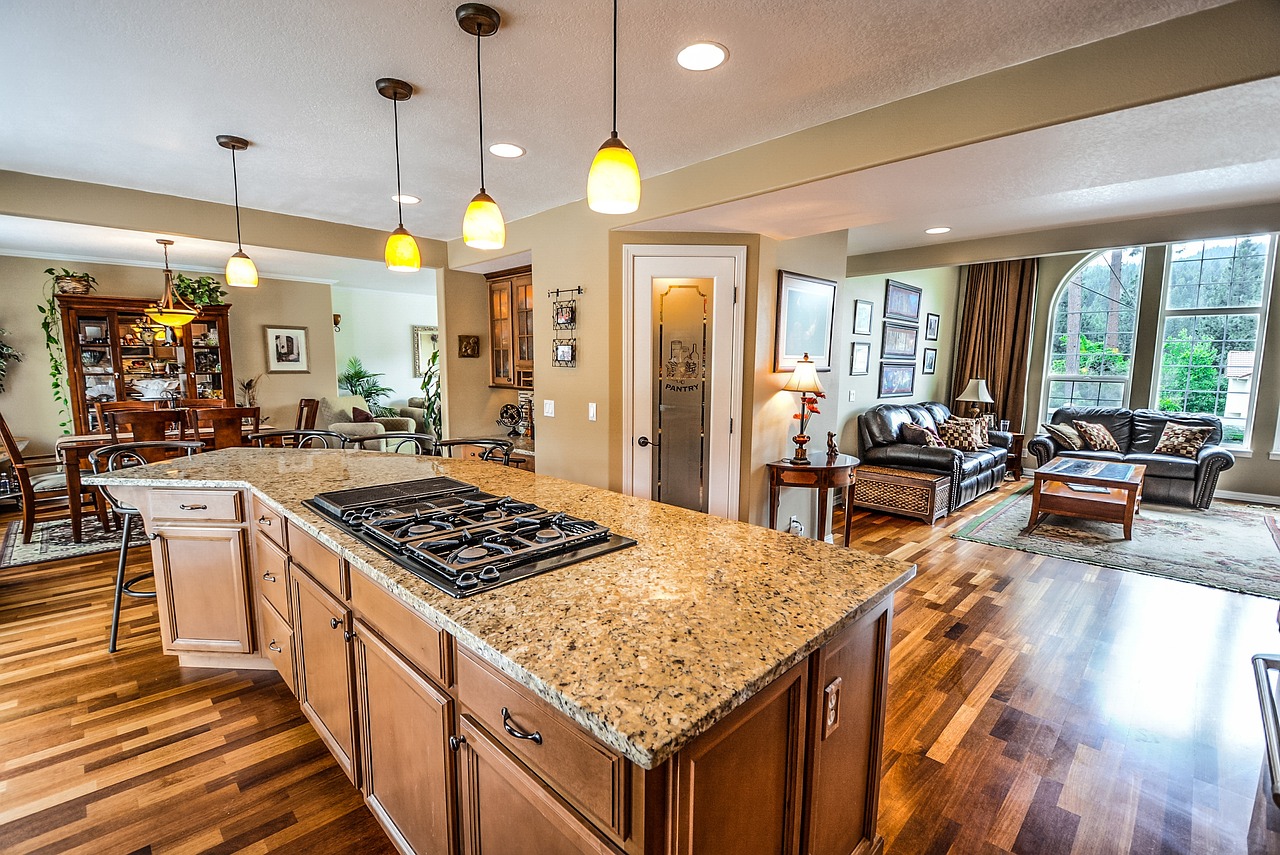A kitchen contractors are a professional who manages and executes kitchen renovation projects, ensuring the work meets quality standards and is completed on time. They coordinate all aspects of the job, including hiring subcontractors, managing budgets, and overseeing installation of cabinets, countertops, and other key elements. Hiring a kitchen contractor simplifies the renovation process by providing expertise and project management from start to finish.
Choosing the right contractor means finding someone reliable, licensed, and experienced with kitchen-specific projects. Contractors often offer design consultations to help homeowners select materials and layouts that match their needs and style, making the renovated kitchen both functional and attractive. Trusted contractors also take care of necessary permits and inspections, minimizing potential delays or issues.
With growing demand for professional kitchen remodeling, many companies provide detailed quotes and customer reviews to help homeowners make informed decisions. By working with a qualified kitchen contractor, homeowners gain peace of mind knowing their renovation will be handled professionally and efficiently.
Choosing the Right Kitchen Contractors
Selecting a kitchen contractor requires careful review of their qualifications, past work, and pricing. Understanding these elements helps ensure the contractor aligns with the project’s scope, budget, and desired quality.
Evaluating Experience and Credentials
Experience is essential when choosing a kitchen contractor. Look for contractors with several years in kitchen renovation specifically, not just general construction. This experience ensures familiarity with common challenges and solutions unique to kitchens.
Verify licensing and insurance to protect against liability and ensure compliance with local regulations. Membership in professional organizations or certifications related to kitchen remodeling can signal a commitment to industry standards.
Checking how long they have been in business adds insight into stability and reliability. Contractors with a stable history are less likely to abandon projects or cut corners.
Assessing Portfolios and References
A portfolio reveals the contractor’s style and workmanship. Review photos of completed kitchen remodels focusing on layout, materials, finishes, and attention to detail.
Request references from past clients to get direct feedback on communication, timeliness, and problem-solving. Questions should cover how closely the project stayed on budget and schedule.
Visiting a current or past job site, if possible, offers a look at cleanliness and professionalism during work. This helps gauge what to expect during your own project.
Comparing Bids and Quotes
Bids should include detailed breakdowns of labor, materials, permits, and any other costs. This transparency allows straightforward price comparison between contractors.
Beware of unusually low bids, which may indicate lower quality materials or rushed work. Conversely, the highest bid is not automatically the best option.
Ensure quotes also clarify timelines and payment schedules. A precise contract reduces the risk of unexpected expenses or delays.
Using a comparison table can help organize figures and contract terms clearly:
| Contractor | Total Cost | Materials Included | Estimated Timeline | Payment Terms |
| Contractor A | $20,000 | Yes | 6 weeks | 30% upfront, 40% mid |
| Contractor B | $18,500 | Partial | 5 weeks | 50% upfront, 50% end |
| Contractor C | $22,000 | Yes | 7 weeks | 25% upfront, 75% end |
Kitchen Remodeling Process with Contractors
A kitchen remodel with contractors involves detailed planning, careful material selection, and organized project management. These steps ensure the project stays on schedule and aligns with the homeowner’s vision and budget.
Initial Consultation and Planning
During the initial consultation, the contractor assesses the existing kitchen layout and listens to the homeowner’s goals. This phase includes discussing design preferences, functionality needs, and budget constraints. Contractors often provide preliminary sketches or ideas during this meeting.
They also evaluate structural elements, plumbing, and electrical systems to identify potential challenges early. A detailed plan is developed to outline the scope of work, timelines, and permits if required. Clear communication in this stage helps prevent costly changes later.
Material Selection and Sourcing
Contractors assist homeowners in choosing materials suited to their budget and style. This includes cabinets, countertops, flooring, fixtures, and appliances. Options range from cost-effective laminates to high-end marble or custom cabinetry.
They leverage their network to source quality materials efficiently, often offering better pricing than homeowners could find independently. Contractors also coordinate delivery schedules to match the project timeline, reducing delays.
Project Timeline and Management
The contractor creates a detailed schedule covering demolition, installation, and finishing phases. This timeline accounts for trade coordination, inspections, and potential unforeseen issues.
Daily or weekly progress updates ensure the project stays on track. Contractors manage subcontractors, order materials, and address problems promptly. Their oversight aims to minimize downtime and keep the remodel within the agreed timeframe and budget.








